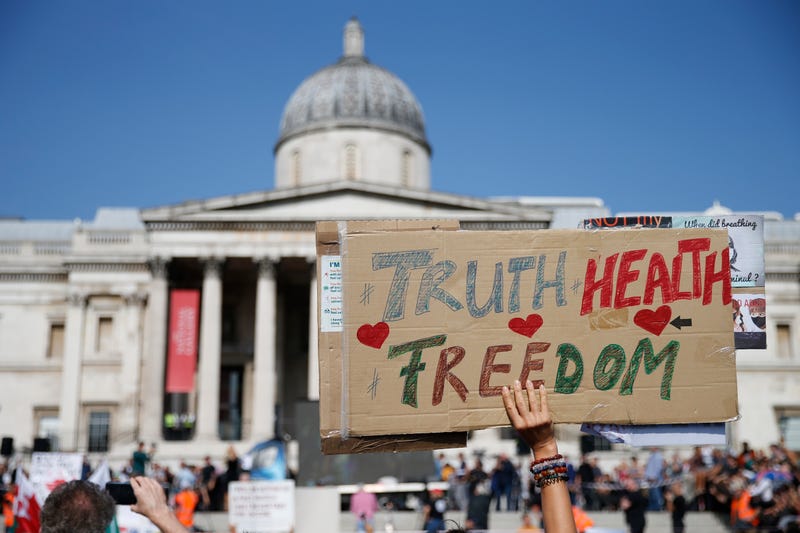Society is reopening and we’re doing things we haven’t done in, well, more than a year.
But important questions hang in the back of your mind: Should I immediately return to things like eating inside restaurants? What about mixing with people who aren’t vaccinated for COVID-19 because they’re refusing to do so?
No changes to your lockdown life are without risk, according to Dr. Bob Wachter, professor and chair of the Department of Medicine at UCSF. "The risk is not zero but it’s getting awfully close to zero, certainly for vaccinated people" he told KCBS Radio’s "Ask An Expert" on Wednesday.
"Unvaccinated people at this point mostly have made a choice," Dr. Wachter said. "I think it’s a bad choice and I hope they’ll make a different choice over time but they’ve mostly made a choice not to be vaccinated."

On the flip side, that scenario does present major risk.
"The main caution…for an unvaccinated person (is that) your body has not changed in a year and a half. The virus has. It’s gotten smarter," he added.
San Francisco could become the first major U.S. city to reach herd immunity, with roughly 80% of its residents vaccinated for COVID-19. Other cities – and specifically rural areas – won’t hit that watermark and will struggle to do so as some opt not to get the COVID-19 vaccine.
"For the unvaccinated person, I think it’s important to recognize that you’re still at risk if you’re exposed to COVID. You’re actually at a higher risk than you were a year ago because the virus is better and there still is a pretty decent chance that people can get sick and some people will die."
The so-called Delta variant, a highly infectious coronavirus strain originating in India, is going through the U.K. "very quickly" and starting to work its way through the U.S., he added.

